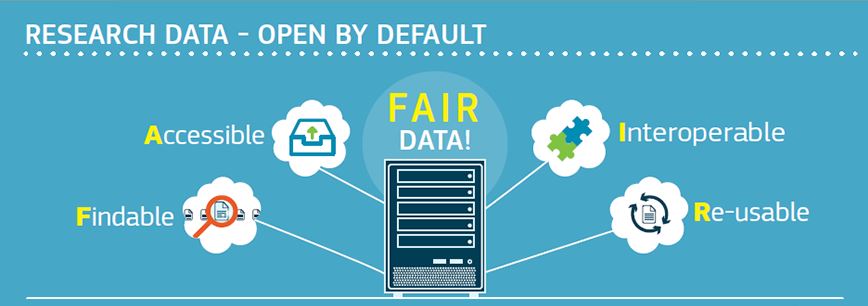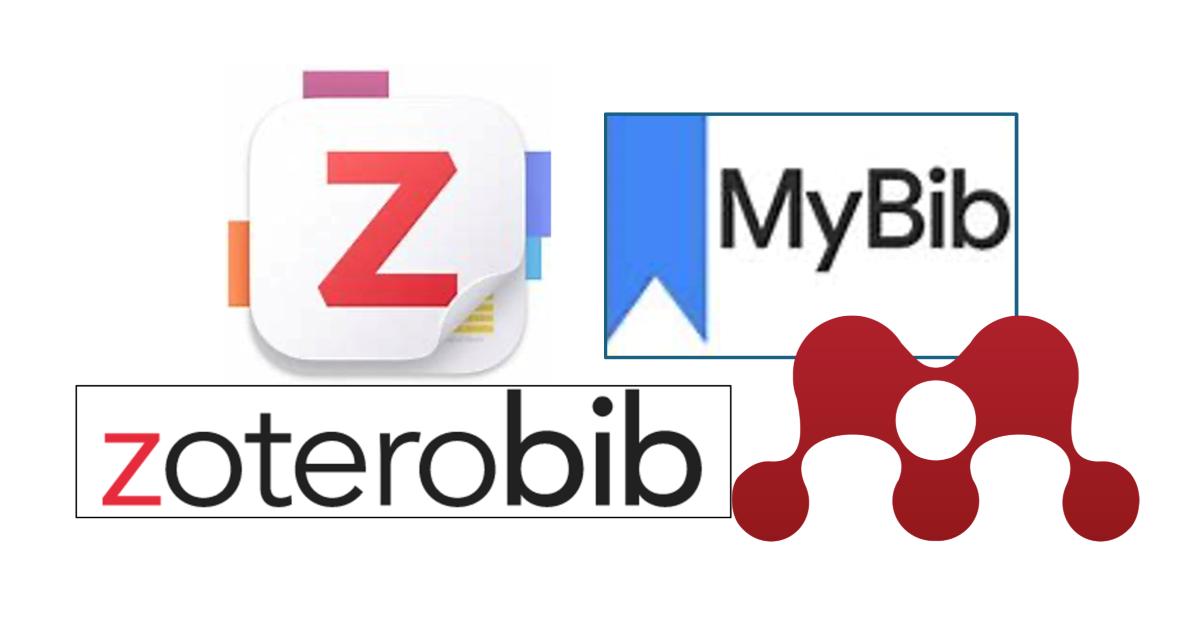Addressing the FAIR data principles when managing research data
26/02/2020

In the context of open science the goal of many research funders is that the research data from funded projects are deposited as open data in a digital repository, e.g. CORD
FAIR is an acronym to help you remember your key goals for managing your research data, and you should build this into your research plan from the start. Your data should be Findable, Accessible, Interoperable and Reusable.
To achieve FAIRness, datasets should be available online in a searchable resource, e.g., a catalogue, data repository or archive, and at least have:
- A persistent identifier (PID). An example of this is a digital object identifier (DOI), which is a permanent url that can always be used to link to the resource and will make the data more findable
- Rich metadata (elements which describe the data). This will enhance findability, interoperability and reusability of your data
- A clear licence. This lets researchers who find a dataset understand what they are allowed to do with it
Findable
- Your data will be published online in a searchable resource e.g. catalogue, data repository or archive.
- Your chosen repository or archive will assign a persistent identifier to your data.
- You will provide rich metadata describing your data, according to the requirements of the repository or archive.
Accessible
Not all data can be made openly available and FAIR does not mean that data need to be open. As a rule of thumb data should be ‘as open as possible, as closed as necessary’.
- If your data can’t be made openly available, access conditions should be made clear to researchers wishing to re-use your data, e.g. only available for research purposes.
- Metadata will be accessible, wherever possible, even if the data aren’t.
Interoperable
Data and metadata should conform to widely used file formats and disciplinary standards for data collection should be used where possible to allow your data to be combined and re-used with other data.
- Your data will be provided in suitable file formats for long term access and re-use.
- The metadata will be provided following relevant disciplinary standards.
- Controlled vocabularies, keywords, thesauri or ontologies will be used where possible.
Reusable
A lot of documentation is needed to support data interpretation and reuse. The data should conform to community norms and be clearly licensed so others know what kinds of reuse are permitted.
- Your data will have a clear and accessible data usage license.
- Your data and metadata will meet relevant disciplinary standards.
Useful resources
- Wilkinson, M. D. et al. The FAIR Guiding Principles for scientific data management and stewardship. Scientific Data 3:160018 doi: 10.1038/sdata.2016.18 (2016).
- FAIRsharing.org is a curated, informative and educational resource on data and metadata standards, inter-related to databases and data policies.
- Ball, A. (2014). ‘How to License Research Data’. DCC How-to Guides. Edinburgh: Digital Curation Centre. Available: http://www.dcc.ac.uk/resources/how-guides
Image from
https://www.openaire.eu/open-research-data-the-new-norm-in-h2020
Categories & Tags:
Leave a comment on this post:
You might also like…
A beginner’s guide to sourcing a company beta
Beta is the measurement of a company’s common stock price volatility relative to the market. If you’re trying to find a current beta for a company there are a number of places to look. These ...
Credibility, confidence and collaborative focus: The impact of studying for a sustainability apprenticeship at Cranfield
For participants on Cranfield’s Sustainability Business Specialist Apprenticeship, it doesn’t take long for their studies to start to have an impact, with that impact ranging from personal growth and career progression, to organisational effect ...
Meet Mendeley: a powerful referencing tool that does the hard work for you!
Are you looking for a way to manage your references, create in-text citations and reference lists for your assignments or thesis? If so, you may wish to consider using Mendeley. What is it? Mendeley is ...
Adding documents to your Mendeley account
To make the most of a Mendeley account, it is useful to create and maintain a ‘Library’ of references. You can add references and documents to this Library in a number of ways: 1) Drag ...
Choosing the right reference management tool for you…
Are you thinking about using reference management software to help you manage your references? The Library is here to help you. While Mendeley has been our go-to reference management software for some years, we've recently ...
Cranfield Seed Fund recipient, Cosysense, are using AI to solve air conditioning problems and provide a net zero alternative
If you’ve ever worked in an office environment you’ve probably been involved in, or overheard, a conversation about the air conditioning. Well, it’s no surprise it’s a common complaint when research shows that up ...






